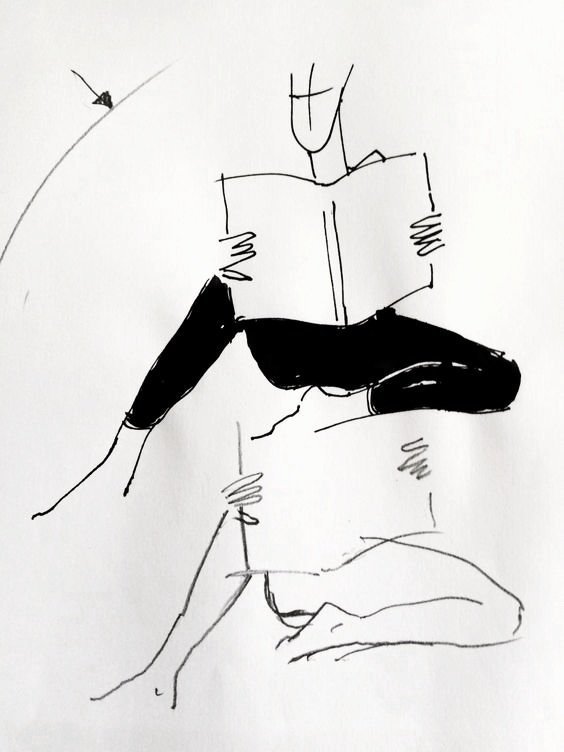Misty Copeland’s Final Bow
By Wim Langedijk for HURS
Misty Copeland’s Final Bow
HUR Reads is our definitive shortlist of the most prominent articles from around the web.
By HURS Team
1
Misty Copeland Changed Ballet. Now She’s Ready to Move On.
Misty Copeland, in a wide-ranging interview with David Marchese, reflects on her trailblazing ballet career as she prepares to retire from American Ballet Theatre. She discusses breaking racial barriers, the challenges of being a Black ballerina in a historically white art form, and her evolving role as an advocate for diversity and access in dance. Copeland also shares personal insights into her upbringing, mentors, and plans to support the next generation of artists. It’s a rare, intimate portrait of an icon in transition.
THE NEW YORK TIMES
The Atlantic observes a tonal shift in Wes Anderson’s The Phoenician Scheme, a film that brings the director’s stylized world into closer contact with present-day anxieties. At its center is a globe-trotting magnate whose wealth is tied to ethically murky ventures, played with restraint by Benicio del Toro. The character’s uneasy relationship with his daughter, a nun, draws out themes of responsibility, legacy, and moral compromise. While Anderson’s signature style and ensemble cast remain, the emotional palette is darker and more reflective. Personal influences—particularly around fatherhood—give the film a quieter weight, suggesting a director still committed to his art form but open to what lies beyond it.
THE ATLANTIC
Filmmaker Celine Song, known for her Oscar-nominated debut Past Lives, draws from her experience as a Manhattan matchmaker to inspire her new film Materialists. During her six-month stint matchmaking, Song noticed how clients’ romantic choices often relied on practical factors like income and appearance. Materialists follows Lucy (Dakota Johnson), a pragmatic matchmaker balancing financial realities and love while caught between two suitors played by Chris Evans and Pedro Pascal. Unlike the spiritual tone of Past Lives, this film explores how materialism shapes modern relationships, taking cues from classics like Pride and Prejudice. Pop star Charli XCX has even dubbed summer 2025 a “Celine Song Summer,”
SSENSE
Sarah Jones explores “recession pop,” an upbeat and optimistic music style that emerged during the Great Recession of 2007-2009. Artists like Katy Perry, Kesha, and Lady Gaga created catchy songs that offered escapism during times of economic uncertainty. Though the term was coined retrospectively, it reflects a cultural response to hardship. Recently, the style has seen a revival on TikTok, but experts debunk the idea that this resurgence predicts future recessions. Instead, it’s a nostalgic return to the uplifting music that helped people through past economic struggles—not a sign of what’s to come.
VOX
Irish writer and Orwell Prize winner Claire Keegan discusses her minimalist approach to storytelling with Seb Emina. Keegan, known for her sparse yet powerful narratives, begins her stories with a setting, allowing the characters and plot to emerge organically. Her latest work, So Late in the Day, exemplifies this method, unfolding in the seemingly mundane life of an office clerk in Arklow, County Wicklow. Keegan's writing is characterized by its restraint, focusing on subtle tensions and emotional undercurrents rather than overt drama. Despite her acclaim, she remains modest about her literary persona, attributing her success to the authenticity of her work and the quiet power of understatement.
